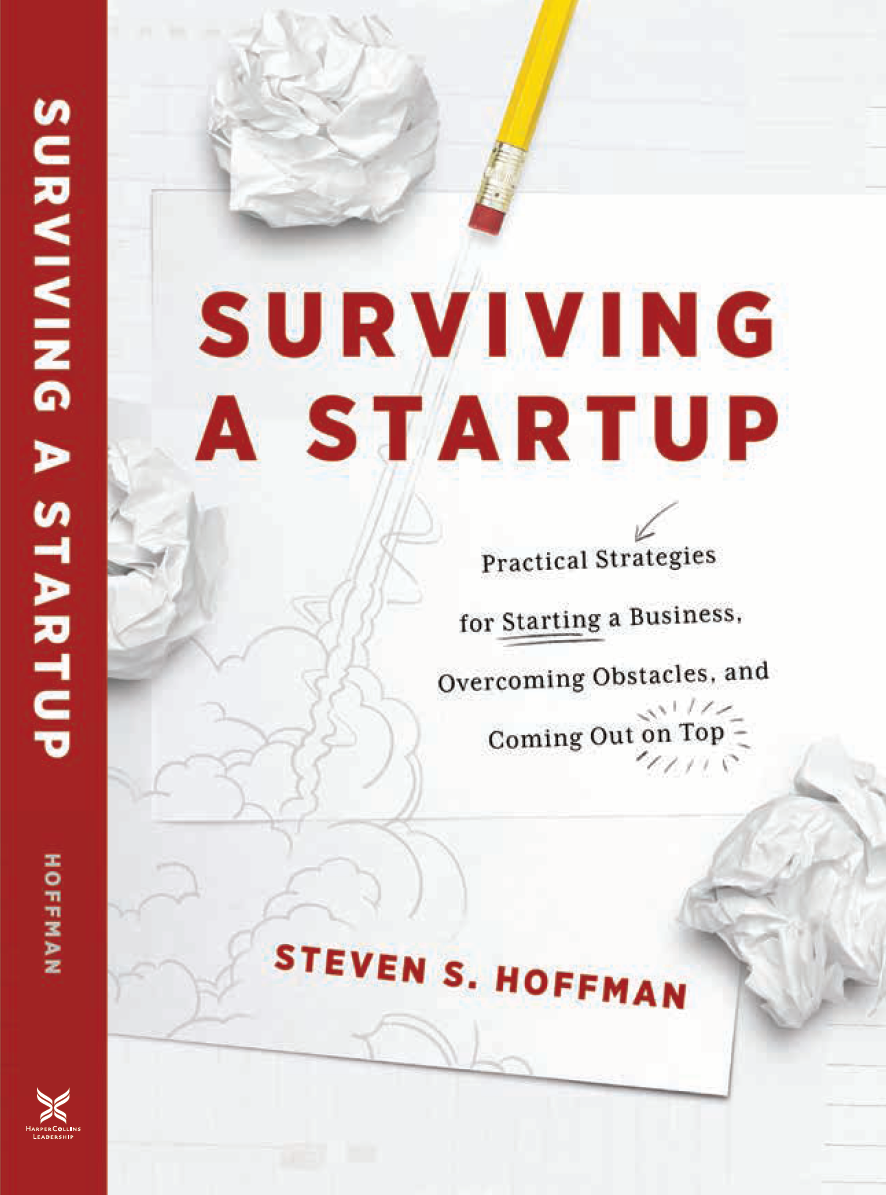
Stephen King once said, “The road to hell is paved with adverbs.” In other words, be careful how you write, or you’ll wind up with a horror story on your hands. To avoid this gruesome fate, here are some tips for aspiring writers.
Start with a clear idea: Before you start writing, make sure you have a clear idea of what you want to say and how you want to say it. This will help you focus your writing and stay on track.
Use concrete language: Avoid using abstract or vague language, and instead use concrete and specific words that help your reader visualize and understand your ideas.
Show, don’t tell: Instead of telling the reader what is happening or how a character is feeling, try to show them through actions, dialogue, and sensory details. This can help bring your writing to life and make it more engaging.
Use strong verbs: Choosing strong, descriptive verbs can help bring your writing to life and make it more engaging. Avoid using weak or overused verbs like “to be” or “to have,” and instead look for more specific and vivid verbs that convey your meaning more effectively.
Use sensory details: Including sensory details in your writing can help bring your ideas to life and make them more relatable for your reader. Think about what a character sees, hears, tastes, smells, or touches, and include those details in your writing.
Use dialogue: Including dialogue in your writing can help add depth to your characters and make your writing more engaging. Make sure to use natural-sounding dialogue and vary the length and style of your characters’ speech to make it more realistic.
Avoid cliches: Using cliches can make your writing feel tired and unoriginal. Instead, try to find fresh and unique ways to express your ideas.
Use transitions: Transitions are words or phrases that help connect your ideas and make your writing flow more smoothly. Using transitions can help your writing feel more cohesive and make it easier for your reader to follow your train of thought.
Avoid unnecessary words: Clutter can make your writing feel wordy and difficult to follow. Try to be as concise as possible and eliminate any unnecessary words or phrases.
Read your writing out loud: Reading your writing out loud can help you catch errors and improve the flow of your writing. It can also help you get a sense of the rhythm and pacing of your prose.
Use active voice: Using active voice can help make your writing more direct and engaging. In active voice, the subject of the sentence is performing the action. For example, “The cat chased the mouse” is written in active voice, while “The mouse was chased by the cat” is written in passive voice.
Use varied sentence structure: Mixing up your sentence structure can help keep your writing interesting and engaging. Don’t be afraid to use short and long sentences, as well as complex and compound sentences.
Edit and revise: Good writing takes time and effort, and it’s important to edit and revise your work to ensure that it is clear and effective. Make sure to proofread for spelling and grammar errors, and consider seeking feedback from others to help improve your writing.


